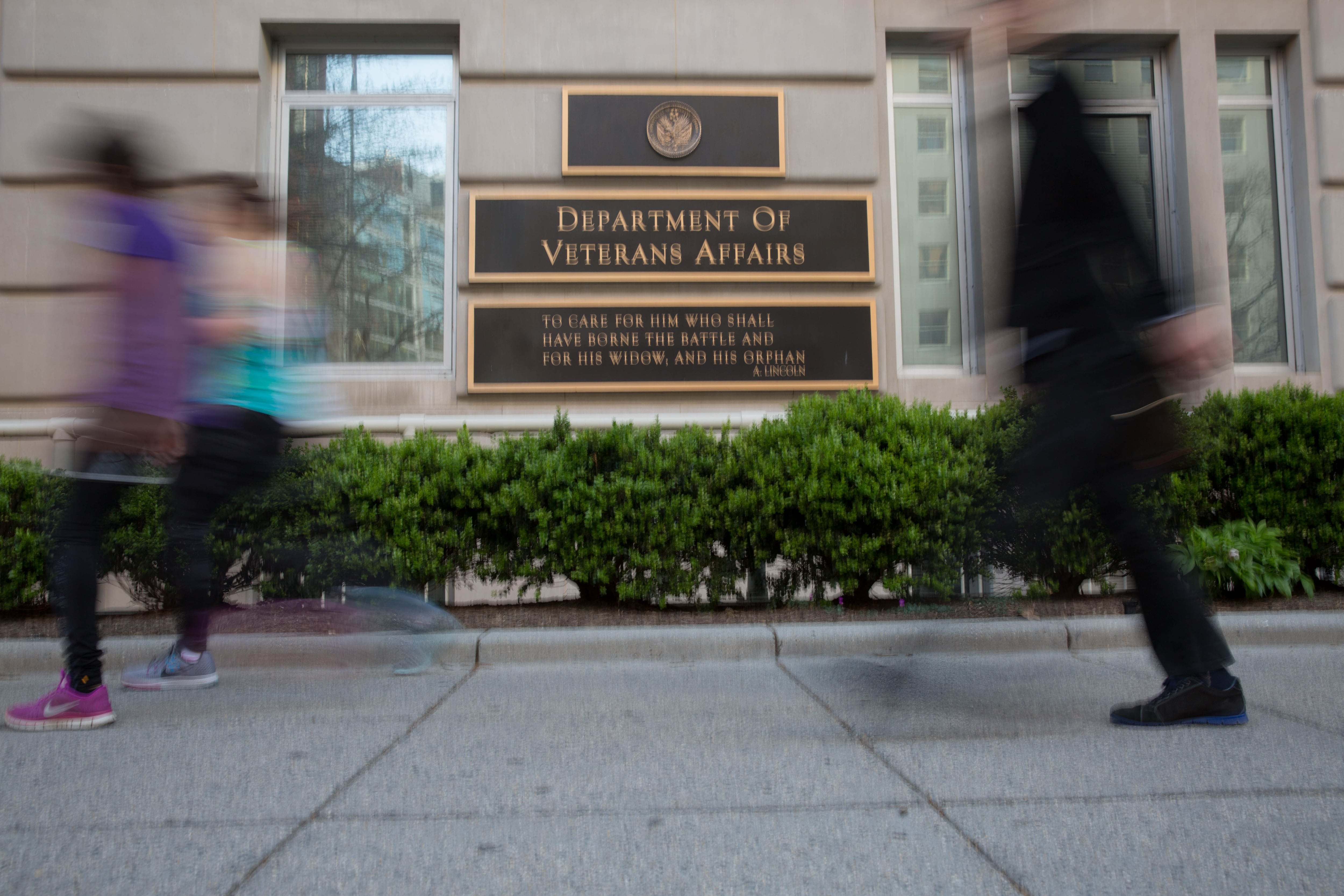House and Senate lawmakers adopted separate spending plans for the Department of Veterans Affairs on Thursday, setting the stage for another program funding boost in fiscal 2017 but also months of negotiations over a host of new veterans initiatives.
The House plan, which includes $73.5 billion in discretionary funding for the department, passed by a 295-129 vote with significant opposition from Democrats. The Senate plan, which calls for $74.9 billion in discretionary spending, was approved by an 89-8 vote.
Both fall below the White House request of $75.1 billion for fiscal 2017 veterans programs, although administration officials have quietly backed the Senate plan as within reasonable parameters of their reqiest. Earlier this week, President Obama threatened a veto of the House measure, in part because of the VA funding shortfall.
But Republican leaders in the House have repeatedly warned that simply adding more funding to the department won't fix ongoing problems they see in operations.
House Majority Leader Kevin McCarthy, R-Calif., after the vote blasted critics and said the House plan responsibly reacts to veterans' needs.
"The VA continues to be led incompetently as problems with wait times, the disability claims backlog, and a lack of basic services let our veterans down," he said in a statement. "This legislation includes reforms that House Republicans have long called for, such as a provision to stop bonuses to VA employees who don't do their jobs and increased resources to tackle the disability claims backlog."
The House VA budget was adopted as part of the chamber's annual veterans and military construction appropriations bill, the Senate's as part of a massive appropriations mashup which also included funding for the departments of Transportation and Housing and Urban Development.
Congressional negotiators will not only have to wade through the financial conflicts in the two measures in coming months, but also the policy differences each included in the drafts.
The Senate version includes language which would allow the department to provide fertility treatments to wounded veterans, while the House version does not. The House version includes a ban on flying the confederate flag at VA cemeteries, while the Senate version does not.
Both measures include language to withhold some administrative funds if VA and Defense Department officials don't meet certain progress benchmarks for the sharing of electronic medical records. And the two measures include differing provisions on limiting VA executives bonuses and protecting whistleblowers who identify department fraud and abuse.
Senators rejected an attempt by Sen. John McCain, R-Ariz., to attach a long-term extension of the Veterans Choice Card program to the legislation. The program, approved by Congress two years ago, was intended to offer more medical care options to veterans outside VA hospitals but has received heavy criticism for overly complex rules and sluggish response times.
How long negotiations on the differences will take is unclear. Lawmakers are amid yet another overarching budget fight that has stalled a number of appropriations measures, and resolution of the VA budget will require some compromise on a number of issues unrelated to department spending.
Meanwhile, both the House and Senate are considering separate omnibus measures that would deal with accountability in the department, a frequent point of contention between lawmakers and department officials.
And VA leaders are continuing to push lawmakers for separate legislation to address their main priorities for the year: appeals reform and consolidation of multiple outside medical care authorities into a single, more flexible program.
Leo Shane III covers Congress, Veterans Affairs and the White House for Military Times. He can be reached at lshane@militarytimes.com.
Leo covers Congress, Veterans Affairs and the White House for Military Times. He has covered Washington, D.C. since 2004, focusing on military personnel and veterans policies. His work has earned numerous honors, including a 2009 Polk award, a 2010 National Headliner Award, the IAVA Leadership in Journalism award and the VFW News Media award.





